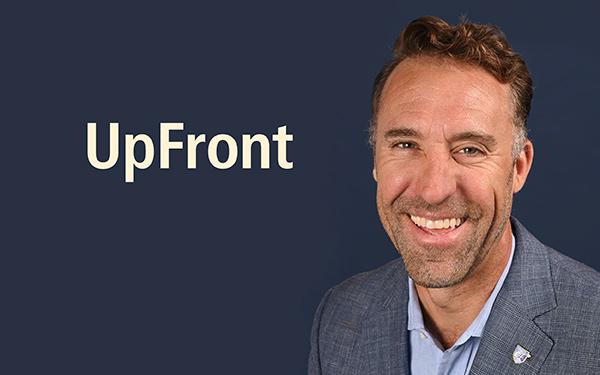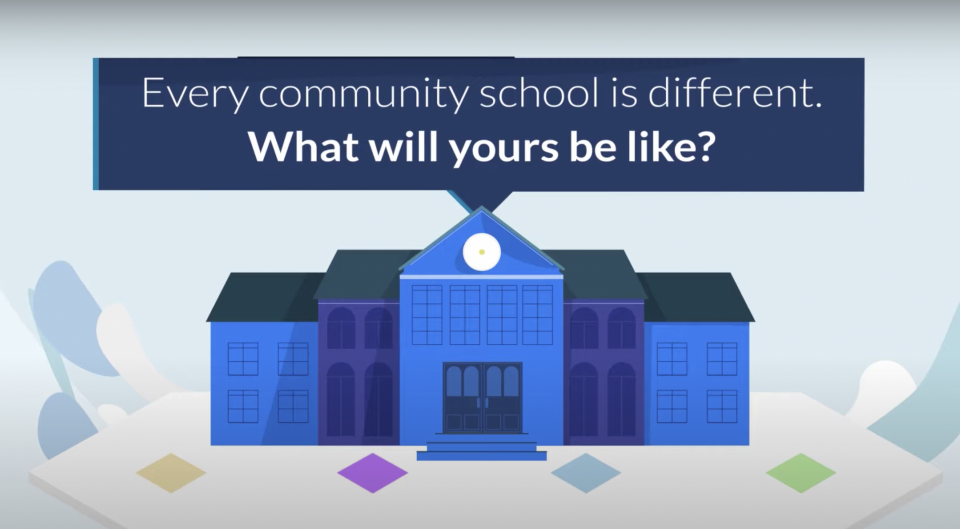By Jeffery M. Freitas, CFT President
As educators and classified professionals, we often mark beginnings and ends with school years rather than calendar years. Each May, students leave for the summer or graduate and venture off to another stage in their lives. As these chapters open and close, it’s hard not to think about similar times in our own lives, when we moved on from a particularly beloved school or classroom, and from the school staff that made our experience so exceptional.
It may have been the secretary who made sure you had lunch money. Maybe it was the teacher that let you stay in when it was raining, or the professor who made you think “Aha!” Maybe it was that bus driver who reminded you to grab the backpack you almost forgot on the bus. Or the counselor who helped you during a hard time or led you to attend just the right college. We each have our own stories to tell, and I know that each of you works hard to create that story for the students in your lives.
For me it was a multitude of people. But I remember in elementary school, we would get badges for helping out, so I always asked the custodian what I could do to help him. He would give me easy tasks like rearranging chairs, sweeping the classroom floors, or even pounding out the chalkboard erasers, even though he probably had to redo what I had helped with. Nonetheless, he taught me about responsibility, about trust, and about helping others.
As education workers, we are in the “human being business,” and humans need social and emotional support. It is not a “data in, data out” business; it’s complex and messy, and as a result, usually very rewarding. Connections with students are essential. The purpose of our jobs is not to fill empty vessels, but rather to help foster kind and caring people and involved citizens, to spark creativity and inquiry, and to instill empathy.
This school year may have been the first — due to the drawn-out pandemic — that students and staff were in-person from start to finish. And there was a lot of catching up to do, including interpersonal skills for ourselves as well as our students.
Collectively, we spend a lot of time on the social and emotional needs of our students. We have been handed many responsibilities that would have been carried out by others in the past. For example, teachers and classified staff are often asked to volunteer as nurses and counselors. And now, given the statewide shortage of school custodians, paraeducators and teachers are asked to wipe down their classrooms and empty their trash cans. The lack of available substitute teachers means that instruction often has to occur during prep time or, in the case of higher education, classes may be canceled altogether.
Students and educators alike are burnt out, struggling with mental health issues, and for many, getting by without having their basic socioemotional needs met. Yet as we fight to give students space to have their needs met and more room for learning, groups with anti-public education interests are trying to limit our ability to reach out to students.
The education system has been recently targeted by laws and legislation that prohibit connection with students. Many of these attempt to limit curriculum or outlaw certain topics, and even give parents the right to sue if they don’t like what is being taught. Needless to say, this is a dangerous and slippery slope. It is our job to prepare students to be citizens of the world and our responsibility to prepare them to thrive in diverse communities. Our schools aren’t just about preparing workers, but about preparing engaged and thoughtful individuals. Students must learn to be critical thinkers so they can be active participants in our democratic society.
To that end, CFT has been a strong advocate for programs that help schools support the whole child and provide wraparound services for families. We know that building successful school communities means creating support for everyone — students, parents, educators, and support staff.
We have such an opportunity before us now. Governor Newsom recently proposed more funding for Community Schools, which were allocated an amazing $3 billion last year. Now the governor wants to add $1.2 billion more to grow this important work. Community Schools are one way to ensure we have enough counselors and mental health professionals available to our students and to us. What’s more, Community Schools can help us win smaller class sizes for better learning, build the racial and social justice programs our diverse communities need, and provide integrated access to the local healthcare we all need.
Here in California we have a governor who is providing resources for students and educators to build successful and fulfilled lives. We are breaking down the walls and barriers that other states are putting up.
So as we close out another school year, and recall those who nurtured us along this same path, let’s never lose sight of why we chose to take up the work of education ourselves. We want to be part of teaching and shaping the next generation of Californians.
Thank you for doing your absolute best to ensure your students had a great school year. The last couple of years have been incredibly difficult and stressful, but the work you do every day makes a difference, makes someone’s day a little bit better, a little bit brighter.


